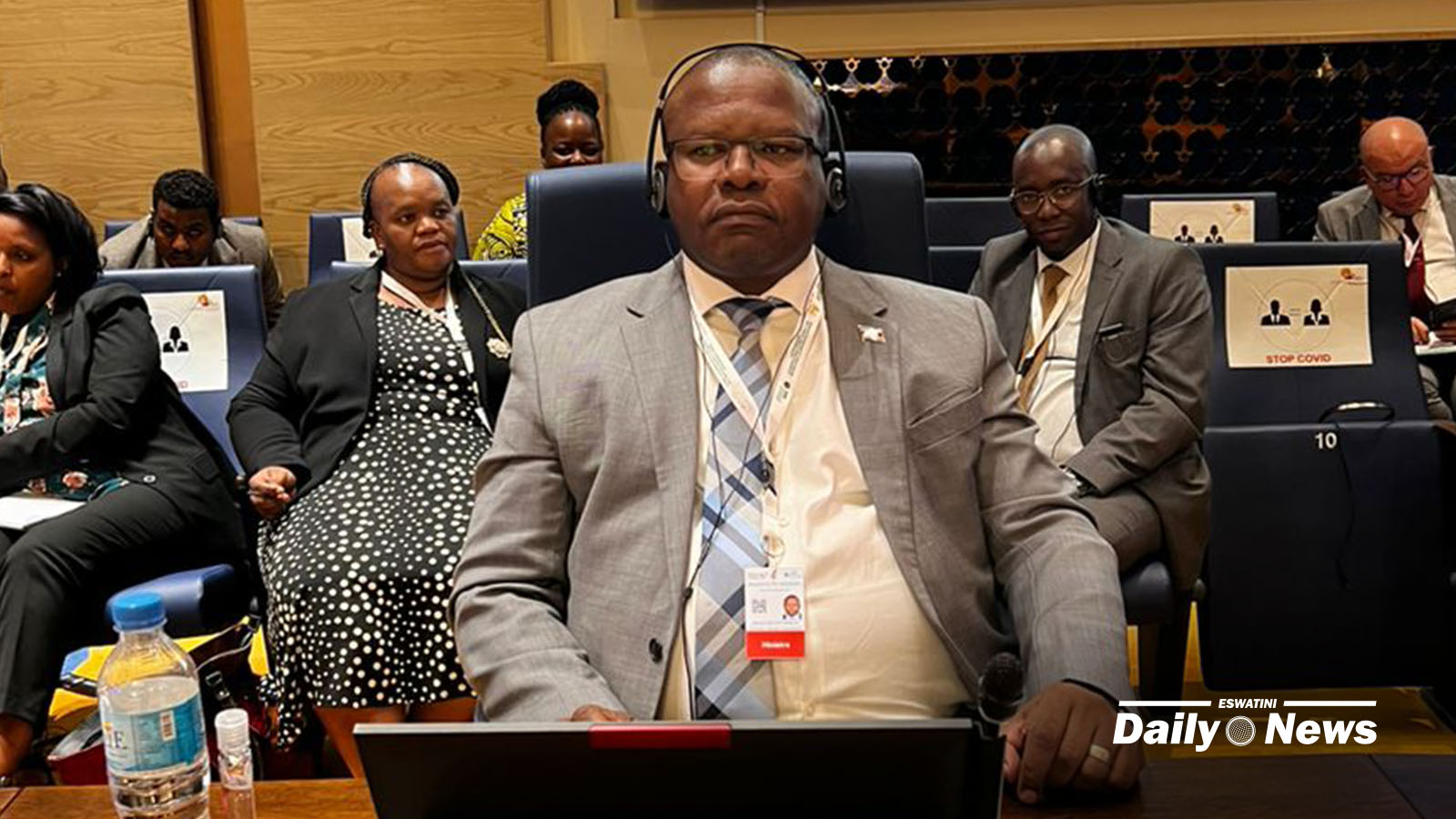By: Ntombi Mhlongo
Minister of Commerce, Industry and Trade has said that manufacturing is the key engine that will drive the industrialization process and thus structural transformation.
The minister was speaking during the virtual launch of the AU Summit on Industrialization and Economic Diversification which is taking place in Niger where he encouraged African countries to deliberate on the issues that will contribute to the acceleration of industrialization.
Khumalo said more than ever it is critical that the countries share experiences, strategize and collaborate as they drive the structural transformation of their economies. “This meeting has come at a time when our region is getting back on its feet after nearly two years of the COVID 19 pandemic; yet still whilst dealing with the devastating impact of the disease aftermath the impact of the Russia -Ukraine war and climate change remain with us and both are impacting on various sectors and most critically the key agriculture sector in our region continues to navigate these challenges,” Khumalo said.
He mentioned that Africa is endowed with natural resources yet still lags in terms of economic growth and development. Elaborating, he said most countries are dependent on commodities, exporters of raw, unprocessed natural resources, whether agriculture, fisheries or minerals and metals, thus slowing transformation, growth, and development.
Khumalo said this is the time to take advantage of the African Continental Free Trade Area Agreement (AfCFTA) which if successfully implemented is projected to boost the manufacturing sector with an annual output of about $1 trillion by 2025 and create over 14 million jobs. “The AfCFTA Agreement indeed provides opportunities to diversify exports and export markets, increase earnings from traditional and non-traditional exports as well as improve competitiveness and link other sectors like agriculture in the country and deepen regional value-chains”.
He highlighted that the Kingdom of Eswatini is forging towards becoming a well-diversified country, presently spread across agriculture, manufacturing, and mining.
Also highlighted by the minister is that Covid-19 had an impact on the economy of Eswatini as it contracted by about 3.2 percent in 2020 after growing by 2.2 percent in 2019. He said the manufacturing sector was equally affected whereby the export-oriented industries’ activities were disrupted.
“The manufacturing sector accounts for 37 percent of the GDP. Textiles and sugar are our major exports and some of our major partners include South Africa, the United States (under the African Growth and Opportunity Act) and the EU. Through leveraging our partnerships, available trade agreements and a focused approach to economic diversification we have experienced growth and an inflow of foreign direct investment”.
He concluded by emphasizing that countries needed to include the MSMEs in every step of the industrialization processes and drive towards sustainable development. This, he said, was because MSMEs are the champions in the manufacturing sector and are equal contributors in the economies.
Manufacturing a Key Engine for Industrialization-Minister Manqoba

previous post
Related posts
- Comments
- Facebook comments

